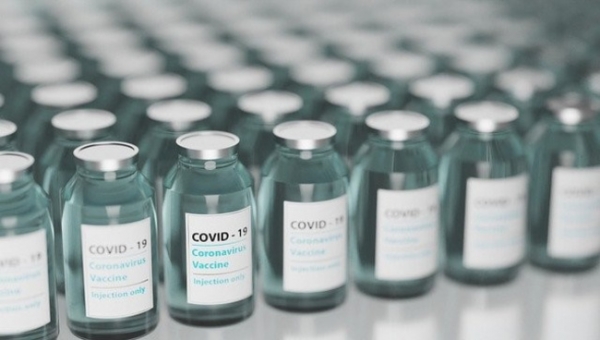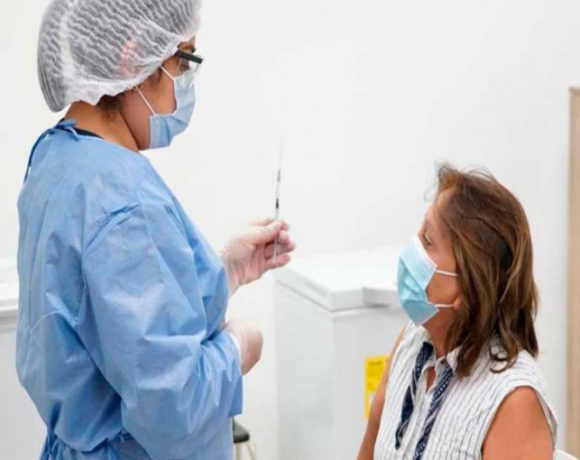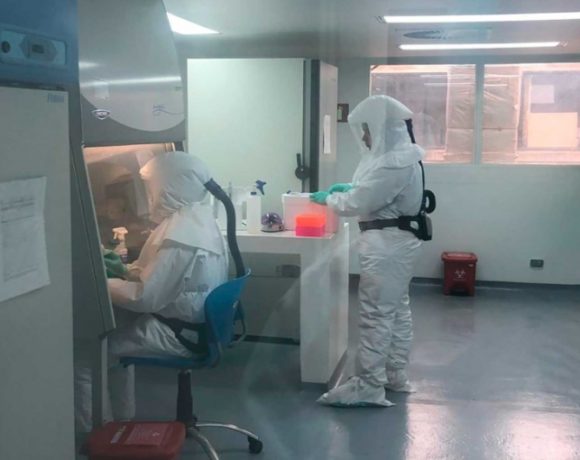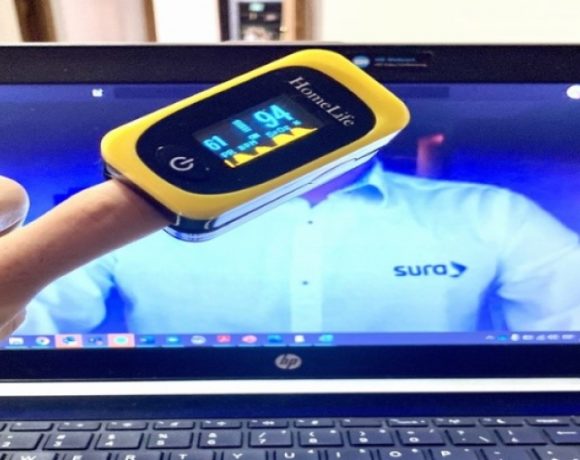Colombia Updates Covid-19 Monthly Vaccination Schedule; U.S. Demands Infection Tests for All Colombian Passenger Arrivals

Colombia Health Minister Fernando Ruiz revealed last night (January 12) that the first 850,000 people here to get Covid-19 vaccinations will get their shots in February. Assuming compliance with projected delivery and distribution schedules, the tentative vaccination plan includes:
February: 850,000 people vaccinated.
March: 3,862,900.
April: 1,800,000.
May: 7,968,900.
June: 3,360,000.
July: 8,431,567.
August: 6,382,667.
September: 3,779,567.
October: 7,212,900.
November: 3,212,900.
December: 2,097,011.
The COP$1.5 trillion (US$432 million) budgeted on vaccinations so far include Pfizer vaccines — soon arriving here — while Janssen and AstraZeneca vaccines are scheduled to arrive between April and May 2021, Ruiz said.
The initial plan would vaccinate the 34 million most-vulnerable Colombians, with contracts for 29 million immunizations “already guaranteed,” Ruiz said.
Under the “Covax” multinational vaccine-purchase program, Colombia already has 20 million doses guaranteed (two per person required), hence this program will cover 10 million inhabitants.
“An agreement has been established with the pharmaceutical company Pfizer for 10 million doses, which will be destined for 5 million people, as well as with the pharmaceutical company Janssen, a single dose, for 9 million people, and with AstraZeneca with 10 million doses for 5 million Colombians,” according to the Ministry.
“Distribution mechanisms are being established with Pfizer. It is projected that vaccinations will begin with the prioritized populations in February,” then more doses through the Covax program will continue in March, Ruiz said.
“Probably May, June and July will be the months where we have the greatest amount of vaccinations. Those from Janssen and AstraZeneca would be arriving in the country from April or May 2020,” he added.
Meanwhile, the national government “has established talks with other pharmaceutical companies, whose vaccine developments are expected to be approved by international authorities for emergency use in the coming weeks. Surely, these would be applied for the second half of this year,” he said.
Colombia today has about 3,000 vaccination points and 7,000 vaccinators, “but we must grow in that capacity, for that reason the training course ‘Management of Vaccination Against Covid-19 in Colombia’ was developed with [Colombia’s national training institute] SENA, with which we seek to support the territories throughout the vaccinator training process,” Ruiz said.
Doctors, nurses, dentists, bacteriologists, nursing and public health assistants or technicians will be able to access the training course, he added.
Ultra-Cold Storage Capacity Grows
On a related front, Gerson Bermont, director of prevention at the Ministry of Health, revealed that Colombia now has two special large-capacity warehouses in Bogota for initial receipt of “up to 40 million vaccines at a single moment” while nationwide, “Colombia has 37 collection centers for the storage and conservation of vaccines.”
“The first vaccines to arrive in Colombia require deep freezing and from this moment there are eight [ultra-cold freezer] distribution points in Bogotá, Cali, Medellín, Barranquilla, Cartagena and Pereira,” he said.
“At the national level, we have 2,975 vaccination points equipped with cold equipment certified by the World Health Organization (WHO,” Bermont added.
CDC Mandates Covid-19 Tests International Arrivals
Meanwhile, the U.S. Centers for Disease Control (CDC) announced yesterday that starting January 26, all international airline passengers must show proof of having passed a Covid-19 infection test within 96 hours of boarding a flight to the USA from Colombia (or from anywhere else). As a result, the USA joins Colombia and some100 other nations mandating Covid-19 infection tests and/or quarantines for all international passengers.
“With the U.S. already in surge status, the testing requirement for air passengers will help slow the spread of the virus as we work to vaccinate the [North] American public,” according to CDC.
“Before departure to the United States, a required test, combined with the CDC recommendations to get tested again three-to-five days after arrival and stay home for seven days post-travel, will help slow the spread of Covid-19 within U.S. communities from travel-related infections,” according to CDC.
“Air passengers are required to get a viral test [either PCR or antigen] within the three days before their flight to the U.S. departs, and provide written documentation of their laboratory test result (paper or electronic copy) to the airline or provide documentation of having recovered from Covid-19.
“Airlines must confirm the negative test result for all passengers or documentation of recovery before they board. If a passenger does not provide documentation of a negative test or recovery, or chooses not to take a test, [then] the airline must deny boarding to the passenger,” the agency added.
















